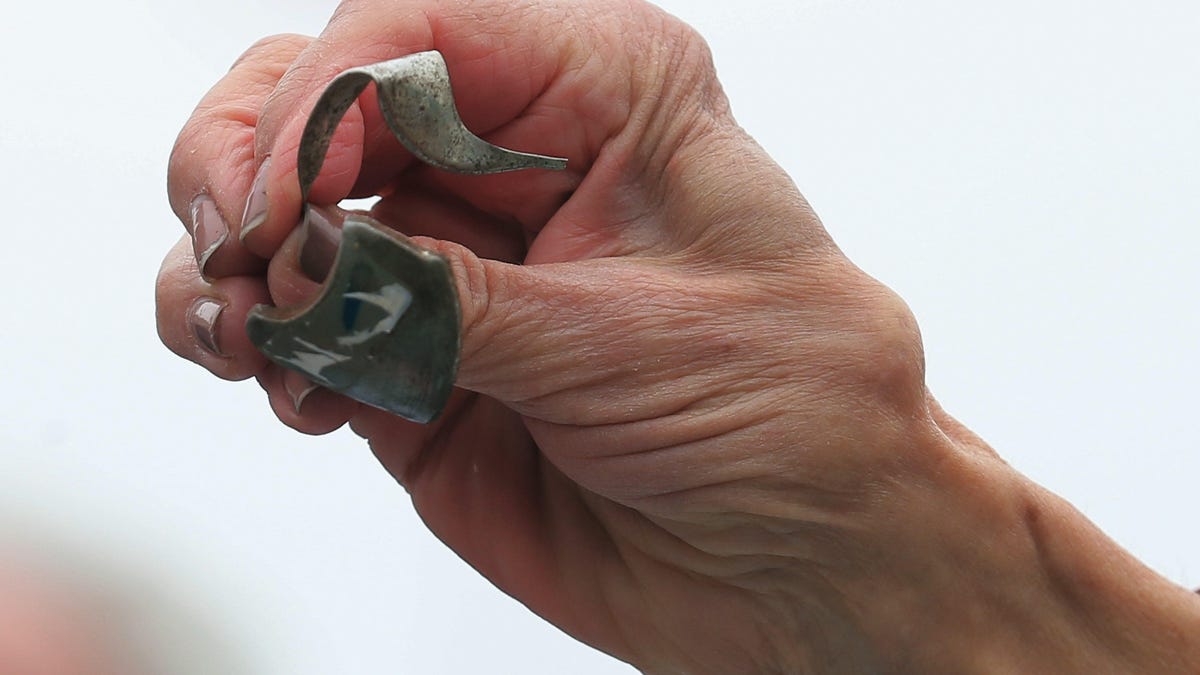Government audit rips NHTSA on how it handled Takata recalls
NHTSA agreed with some, but not all the recommendations the DOT's Inspector General offered.

In 2015, the US Congress required an audit of the National Highway Traffic Safety Administration (NHTSA) and its recall processes, based on concerns over how it handled the Takata airbag inflator scandal. Now, that report is out, and it's not exactly glowing.
The US Department of Transportation's Office of the Inspector General finally released its audit, and it says right there in the title that NHTSA "lacks adequate processes and oversight" in its recall process. This is the fourth such audit to say as much since 2011, according to Reuters.
The audit, which is available in its entirety online, claims that NHTSA's recall monitoring process "does not ensure that remedies are reported completely and in a timely manner," nor does it "verify recall completion rates, although it has the authority to do so."
Senator Richard Blumenthal (D-CT) holds up an airbag and inflator during a Senate Commerce, Science, and Transportation Committee hearing entitled "Update on the Recalls of Defective Takata Air Bags and NHTSA's Vehicle Safety Efforts."
One of the chief concerns in the report is that NHTSA essentially dragged its feet in deciding the scope of the Takata recall early on, which may have delayed recalls of potentially fatal airbag inflators. Another involves documentation, with the audit claiming that limited monitoring and inadequate procedures meant some recall remedy documents were missing, despite being required by law.
Here's a particularly damning example from the report: "In June 2014, RMD [NHTSA's Recall Management Division] received a recall notification for Takata airbag inflators in over 140,000 vehicles. The notification stated that the manufacturer planned to tell owners to take their vehicles to dealerships for repairs in February 2015. However, as of February 2018, RMD had not received the manufacturer's remedy documents, and [the Office of Defects Investigation's] recall recordkeeping system does not indicate that RMD staff requested those documents."
The audit lays out six recommendations to improve NHTSA's processes, such as working on training staff to better understand recall monitoring and oversight, documenting lessons learned from the Takata recalls and developing a system to handle missing communications. The audit claims that NHTSA, which did not immediately return a request for comment, agreed with three of the recommendations and partially concurred with the remainder.
Takata ended up falling apart at the seams after it sold a bunch of low-quality airbag inflators to more than a dozen automakers starting in 2008. The inflators were prone to failing after exposure to high humidity, exploding in a cloud of shrapnel instead of inflating the airbag like normal. Approximately 50 million inflators were affected in the US, and as of March, less than half of them have been replaced with fault-free inflators. After the scandal erupted, Takata filed for bankruptcy, sold its assets, pleaded guilty to wire fraud and was slapped with a $1 billion fine.

